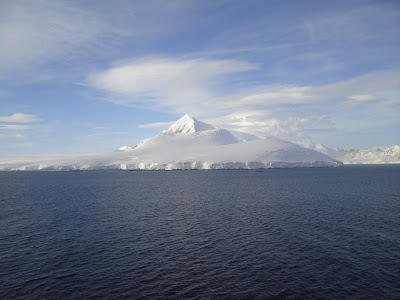“There’s a world out there,” she said this morning, looking out the porthole of our cabin, “It’s a beautiful day. If I can’t share it with you, I’ll walk into that world out there.”
“Bring back pictures,” I said. She knows I can’t leave my work, but she also knows how important it is to me to know that there are places that are not made from steel and grease and peeling paint and rust.
I’ve lived so long in my own head, looking at the laws that make the world tick, that I forget what I’m part of. Someone once said that a cow is so dumb that he can stand to his knees in snow and still die of thirst. I know now that I’m that cow. When I met Draga on the Amazon last year, I didn’t know how thirsty I was. I didn’t even know what I was thirsting for.
Somehow she pried her way into my head and found a barren world. Ever since then she’s been plowing furrows and planting seeds. There are flowers in my head now; green pastures on mountains, and lakes between them with boats bobbing on them and quaint white churches with friendly people inside on their banks. Far away the snow is on the pinnacles. There are dilapidated cottages by every travel road. There’s even a lama.
That’s my Draga; my lifeline to the real world.
 |
| Lama |
 |
| Pretty white church with friendly people |
 |
| Dilapidated cottage by the travel road |
 |
| Snow on pinnacle |
 |
| River flowing into a lake |
 |
| Boats bobbing on a lake |
 |
| Boat house on the lake |
 |
| Snow on a volcano - Puerto Montt, Chile |


















































